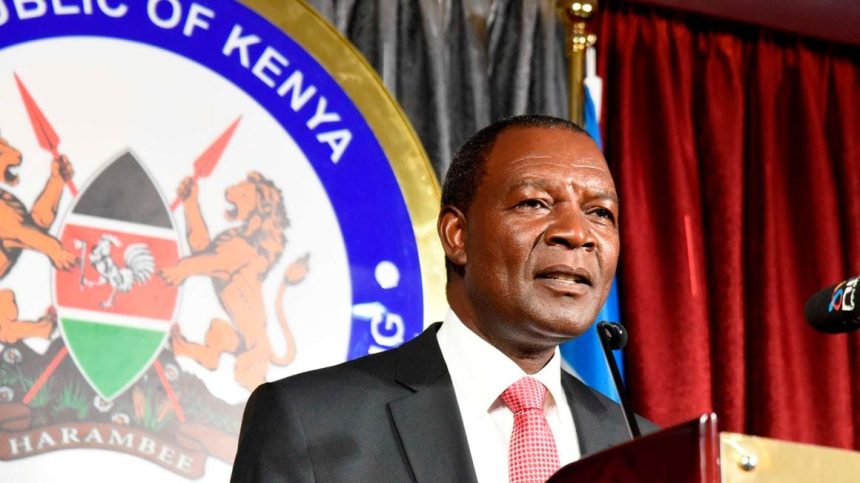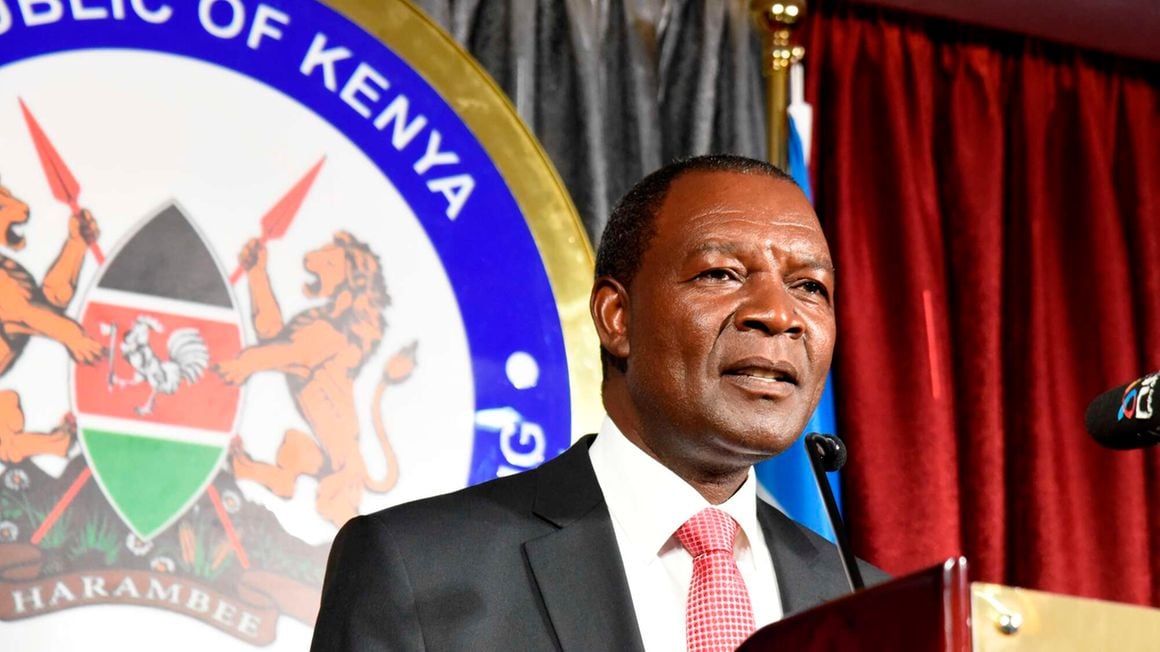There was no reprieve for suppliers in the new administration of President William Ruto after pending bills grew by Sh128.3 billion in the first nine months of the just-ended financial year.
Total pending bills hit Sh567.5 billion by the end of June, translating to a 29.2 percent growth, even as the Kenya Kwanza government vowed to cut the supplier debt, which has been blamed for reducing the cash flow for businesses.
Pending bills—or government arrears—grew by Sh81.5 billion in the same period between September 2021 and June last year. Government arrears had risen to Sh537.2 billion by the end of March.
“The national government policy on clearance of pending bills continues to be in force. The National Treasury is currently developing a comprehensive strategy to clear outstanding stock of verified pending bills of the national government over the medium term,” said the Treasury in the Quarterly Economic and Budgetary Review for the fourth quarter of the financial year 2022/23.
The Treasury said it would address deficiencies and lapses that led to the accumulation of pending bills, with all State agencies expected to clear all the expenditure carryovers from the financial year 2022/23 as a first charge.
A big chunk of the pending bills, Sh443.6 billion, is owed by State corporations (SCs). Slightly over a fifth of the supplier debt, Sh123.9 billion, is owed by ministries, state departments and other government entities.
“The SCs pending bills include payment to contractors/projects, suppliers, unremitted statutory and other deductions, pension arrears for Local Authorities Pension Trust, and others,” said Treasury.
“The highest percentage of the SCs pending bills (64.4 percent) belong to Contractor/Projects and Suppliers. Ministries/State Departments and other government entities pending bills consist mainly of historical pending bills for the last two years.”
The Cabinet in June approved the establishment of a special committee on pending bills.
The Pending Bills Verification Committee will be tasked with the auditing of liabilities for the period between 2005 and 2022, which means contractors will have to wait longer.
The committee, which comprises various law enforcement agencies, will examine and submit interim reports to the Treasury Cabinet Secretary upon verification. The government will then be expected to honour the obligation in question.
President Ruto in May accused his predecessor’s administration of presiding over a parallel foreign exchange market and hiding more than Sh200 billion in spending bills from the just-ended budget.
Dr Ruto, who took power last September, has accused the Uhuru Kenyatta administration of presiding over a government that was shrouded in opacity following the “handshake” with opposition chief Raila Odinga.
A report by the World Bank released last month noted the spike in pending bills is pushing many businesses into defaults.
According to the global lender, government arrears curtailed the flow of cash to the private sector, leaving a lot of companies without the cash to meet their obligations.
“Pending bills in Kenya and non-performing loans have been trending in the same direction for the last two years,” said the World Bank in its latest Kenya Economic Update report.




